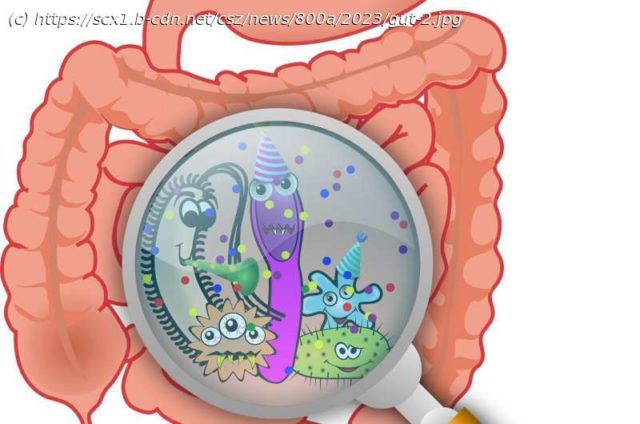Food manufacturers often add preservatives to food products to keep them fresh. The purpose of these preservatives is to kill microbes that could break down and otherwise spoil the food. Common additives like sugar, salt, vinegar and alcohol have been used as preservatives for centuries, but modern-day food labels now reveal more unfamiliar ingredients such as sodium benzoate, calcium propionate, and potassium sorbate.
Food manufacturers often add preservatives to food products to keep them fresh. The purpose of these preservatives is to kill microbes that could break down and otherwise spoil the food. Common additives like sugar, salt, vinegar and alcohol have been used as preservatives for centuries, but modern-day food labels now reveal more unfamiliar ingredients such as sodium benzoate, calcium propionate, and potassium sorbate.
Bacteria produce chemicals called bacteriocins to kill microbial competitors. These chemicals can serve as natural preservatives by killing potentially dangerous pathogens in food. Lanthipeptides, a class of bacteriocins with especially potent antimicrobial properties, are widely used by the food industry and have become known as „lantibiotics“ (a scientific portmanteau of lanthipeptide and antibiotics).
Despite their widespread use, however, little is known about how these lantibiotics affect the gut microbiomes of people who consume them in food. Microbes in the gut live in a delicate balance, and commensal bacteria provide important benefits to the body by breaking down nutrients, producing metabolites, and—importantly—protecting against pathogens.






